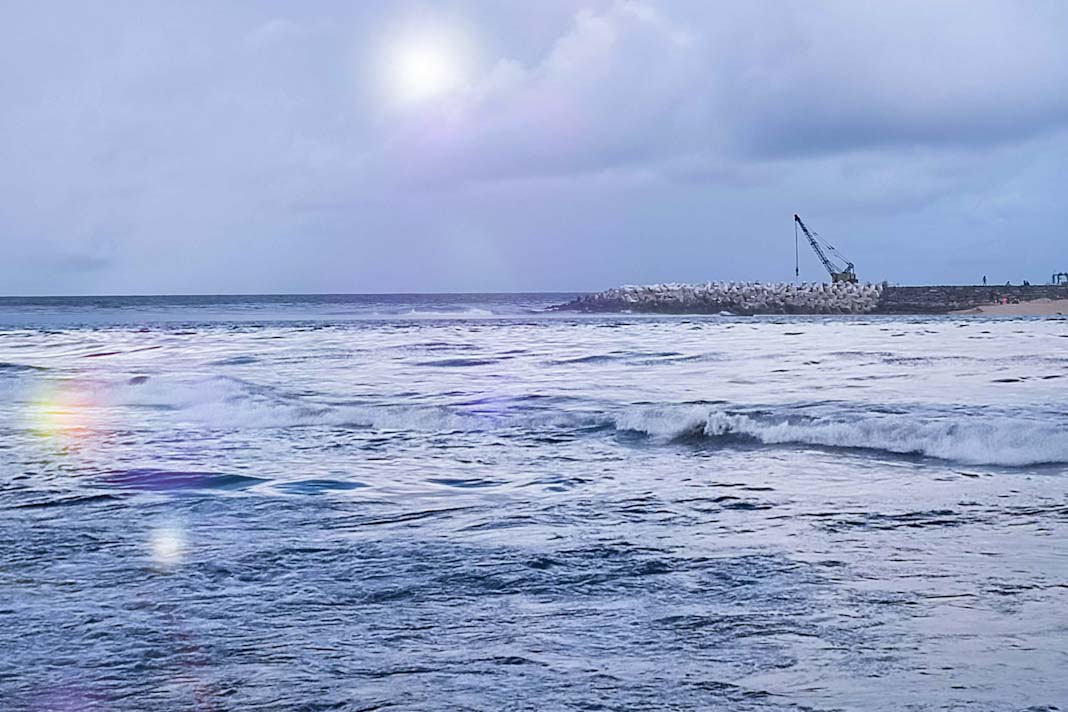Unsafe port claims can be financially significant, and complex in nature. Charterers need to make sure when a port/berth is nominated, it is in line with the safe port/berth warranty stated in the charterparty. However, in modern day cargo trading, the port of discharge is often not determined by charterers, but by the cargo buyers in the sales contract. It is therefore important that charterers are well protected under the sales contract and can shift any potential liability onto their contractual counterpart who nominates the discharge port.
What Is An Unsafe Port Claim?
An unsafe port claim might arise when a vessel suffers damage while entering, staying at, or departing a port. This can also include any pollution, property damage or various other delay claims faced by owners relating to the incident. Facing such situations, owners will try to recover such losses/claims against charterers under the charterparty. Charterers when faced with such claims, will in turn recover against their counterparty in the sales contract.
The obligation for charterers to provide a safe port for the vessel to load and discharge cargo is often contained in the standard charter party forms such as the NYPE and Asbatankvoy. Charterers should also include an express unsafe port warranty clause in the sales contract. So, what constitutes a safe port under English law? The definition of safety under English case law[1] is defined as follows:
A port will not be safe unless, in the relevant period of time, the particular ship can reach it, use it, and return from it, without, in the absence of abnormal occurrence, being exposed to danger which cannot be avoided by good navigation and seamanship.
Unsafe port/berth claims are often very fact sensitive and may require extensive investigation, evidence collection and expert input. The legal costs which may be involved could be very significant for both parties and cases may take years to be resolved.
Absolute Duty vs Due Diligence
In certain safe port/berth warranty clauses in sales contracts, parties are only required to exercise due diligence to nominate a safe berth/port. This means that a party does not need to warrant the safety of the port/berth unconditionally. Parties only need to exercise care that a reasonable person is normally expected to take when nominating the port/berth. This includes, but is not limited to, vetting the port/berth before nominating and making the necessary investigation and enquiries locally on the safety aspects. Having a good paper trail of the port/berth audits would be helpful and good practice.
Charters should be aware that in standard charter party forms such as the NYPE and Asbatankvoy, charterers are under an absolute duty to employ the vessel to a safe port/berth. This is a much more stringent test, and simply exercising due diligence would not be sufficient to meet the legal test of an absolute warranty. It is therefore vital that the obligation under the sales contract is not more lenient than charterers’ obligation to owners under the charterparty. Otherwise, there would be a risk of liability not flowing down the contractual chain.
Jurisdiction Clause
It is understandable that sales contracts and charterparties might not have the exact same jurisdictions clauses wordings, such as LMAA terms vs Oil Majors terms and conditions. However, there are two elements which should be kept consistent: the jurisdiction governing the substantive law of the contract and the dispute resolution method.
Different countries may have different legal standards and tests for unsafe port claims which may yield different results in disputes up and down the contractual chain. Having the case determined by the same standards in the same jurisdiction in both the sales contract and the charterparty will minimize the possibility of a different outcome up and down the contractual chain. For example, if the sales contract provides for English law to apply it would be worthwhile to have English law to apply in the charterparty as well.
Did you subscribe to our daily Newsletter?
It’s Free! Click here to Subscribe!
Source: Skuld


















